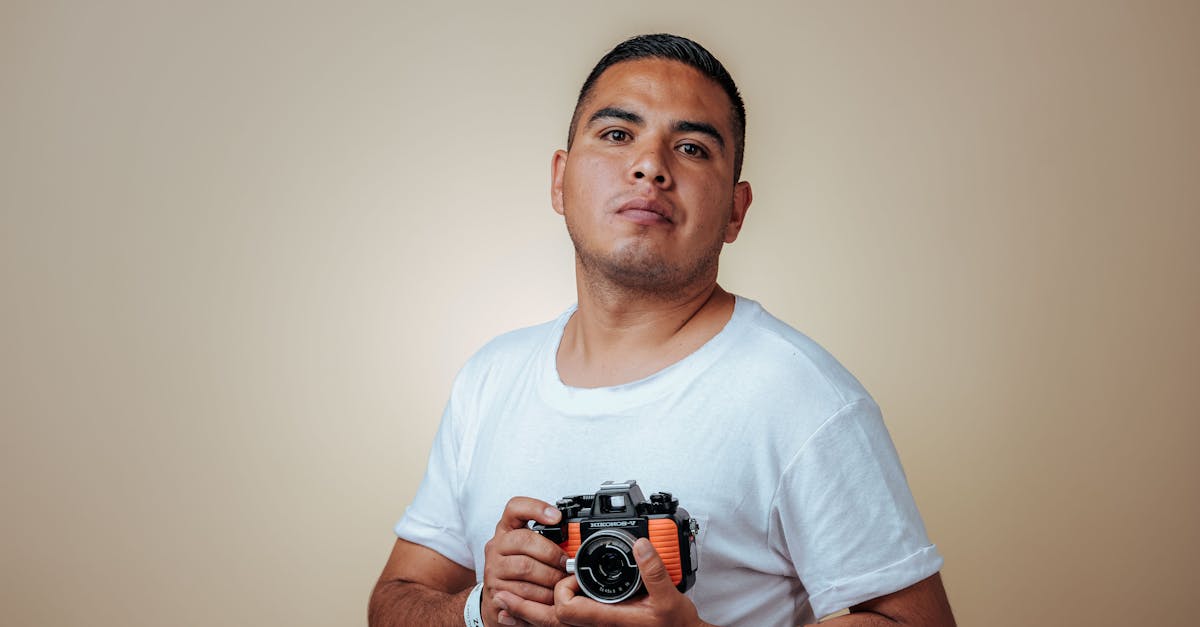
Choosing your first camera can be an exciting yet daunting experience. With so many options on the market, beginners often find themselves torn between DSLR and mirrorless cameras. Each type has its unique features and advantages. In this blog post, we'll compare DSLR and mirrorless cameras, helping you make an informed decision as you embark on your photographic journey.
Before diving into the specifics, it’s essential to understand what distinguishes DSLR (Digital Single-Lens Reflex) cameras from mirrorless options. DSLRs use a mechanical mirror system that reflects light from the lens into an optical viewfinder. In contrast, mirrorless cameras, as the name suggests, lack this mirror mechanism. Instead, they rely on electronic viewfinders or the camera's LCD screen for composing images.
One of the first differences you’ll notice when comparing DSLRs and mirrorless cameras is size and weight. DSLRs tend to be bulkier due to the mirror mechanism and larger optical viewfinder. This can be a downside for beginners looking for a lightweight, portable solution for travel or casual photography. Mirrorless cameras are usually more compact and lightweight, making them easier to carry around. If you’re planning to shoot on the go, a mirrorless option may be the better choice.
Autofocus systems are crucial, especially for beginners who may not yet fully understand the intricacies of manual focusing. Historically, DSLRs have had an edge in autofocus speed for still photography, thanks to their phase-detection systems. However, mirrorless cameras have rapidly developed and are now equipped with advanced autofocus technology, including features like eye-detection and face-tracking. For beginners shooting fast-moving subjects or capturing fleeting moments, both systems can perform well, but checking reviews for specific models will provide a clearer picture.
When considering a camera for long outings or shoots, battery life becomes a pivotal concern. Generally, DSLRs offer longer battery life due to their optical viewfinders, which do not require power to operate. Mirrorless cameras, reliant on electronic displays, tend to run out of juice more quickly. This isn’t a dealbreaker for many beginners, especially with the option to purchase extra batteries. However, if you plan to be out shooting for extended periods, you might want to factor in the battery life when making your choice.
It’s important to note that both DSLR and mirrorless cameras are capable of producing stunning images, given a quality sensor and lens. The difference in image quality largely depends on the camera's sensor size rather than its type. Both formats can offer similar sensor sizes, from micro four-thirds to full-frame options. Ultimately, the image quality you achieve will come down to your chosen camera’s specifications and your skill level in using it effectively.
When starting with photography, having access to a variety of lenses can vastly enhance your creative possibilities. DSLRs boast a long-standing history, resulting in an extensive range of lenses available for nearly every style of photography. Mirrorless cameras, while newer to the market, have also seen significant growth in their lens selections. Many brands now offer high-quality lenses, and adapters are available for using DSLR lenses on mirrorless bodies.
For beginners, user experience is key. DSLRs typically have more tactile controls, making it easier for newcomers to adjust settings quickly. Mirrorless cameras, however, often come with intuitive digital displays that can help guide users through various functions. Whether you prefer a traditional layout or a modern interface, both systems have offerings that let you grow and adapt your shooting style.
Ultimately, the decision between a DSLR and a mirrorless camera will boil down to your personal preferences and specific needs as a budding photographer. If you prioritize portability and advanced autofocus capabilities, a mirrorless camera may suit your goals better. Conversely, if you’re drawn to the traditional feel and longer battery life, you might prefer a DSLR.
Whichever route you choose, remember that your creativity and passion for photography are what will truly help you develop your skills. Embrace the learning process, experiment, and most importantly, have fun capturing the world through your lens! Happy shooting!